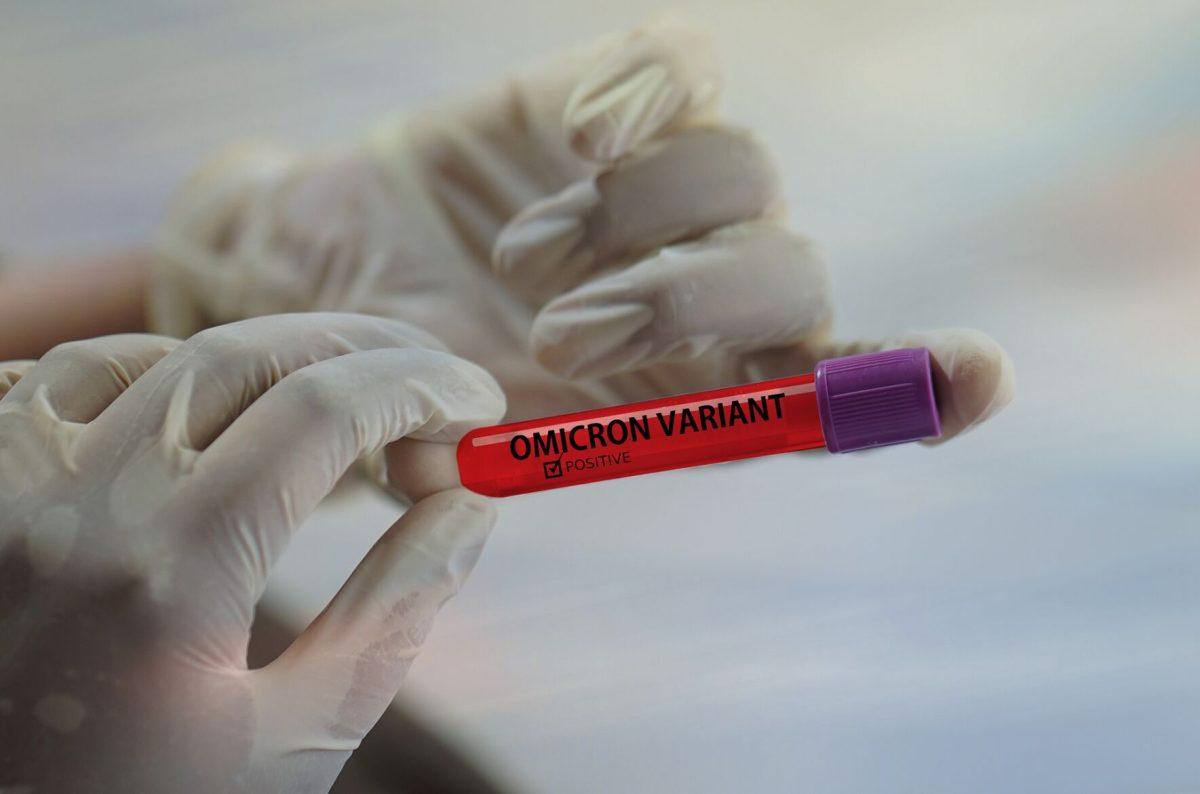Amid rising infection rates and dramatic decreases in COVID-19 restrictions, a new variant has surged — omicron. The World Health Organization, or WHO, has labeled this new mutation a “variant of concern.”
Omicron was first reported by the WHO on Nov. 24. Its origins can be traced back to two African countries: Botswana and South Africa. Since then, omicron has rapidly spread to 23 countries around the world, including the U.S. On Nov. 26, President Joe Biden addressed the nation on what this new mutation means for America.
There are over 80,000 locations around the country that offer free vaccinations and booster shots to all Americans, Biden said.
“They are safe, free and convenient. Get your booster shot now, so you can have this additional protection during the holiday season,” Biden said in the address. “The news about this new variant should make clearer than ever why this pandemic will not end until we have global vaccinations.”
On Nov. 2, the director for the Centers for Disease Control and Prevention, or CDC, Rochelle Walensky recommended children ages five to 11 be vaccinated with the Pfizer-BioNTech pediatric vaccine. Since then, the United States has become the leading nation in pediatric COVID-19 vaccinations, Biden said.
“We need more Americans in all age groups to get this life-saving protection,” Biden said. “If you have not gotten vaccinated or have not taken your children to get vaccinated, now is the time.”
Biden also announced an air travel ban restricting travel to and from eight southern African countries. Biden said these precautionary measures are being taken until there is more information about the new COVID-19 variant.
“These new restrictions will take effect on Nov. 29. As we move forward, we will continue to be guided by what the science and my medical team advises,” Biden said.
While many have turned their attention to omicron, it is important to note that the delta variant is still the most common mutation spreading in America, Walensky said in a press brief on Dec. 3.
“We should remember that 99.9% of cases in the country right now are from the delta variant.” Walensky said. “Delta continues to drive cases across the country, especially in those who are unvaccinated.”
Director of Texas A&M’s MD Plus Programs and clinical associate professor in the College of Medicine Robert Carpenter said it may take several weeks to get substantial information about omicron, but for now experts know this variant has proven to be unlike the rest.
“This definitely is a variant that has a significant number of changes in it. They have talked about up to 50 different mutations within the genome, or the genetic makeup, of this particular variant of the COVID-19, or SARS-CoV-2,” Carpenter said.
The country has made several strides to return to “normal,” Carpenter said, but now with the omicron variant the global situation may quickly change.
“The reason that we are concerned globally about this is because it has started to outcompete the delta [variant] in South Africa and the southern African countries that first announced its arrival and discovery,” Carpenter said. “The impact potentially here in the United States is going to be determined largely by the decisions that we make as individuals, as families, as groups and as the public.”
Although this new variant is more likely to be spread, or more easily infected, does not necessarily mean that it is going to be more lethal or more dangerous. This is why individuals should find out facts, not live in fear, Carpenter said.
“We are in a time that has continued to be very unsettling and uncertain,” Carpenter said. “We have to rely upon facts, we have to rely on our health care providers and individuals that are doing the research, to investigate through public health and find out what we need to do in order to be able to combat this.”
With more COVID-19 restrictions being lifted around the country, spread has inevitably surged, Carpenter said.
“As we’ve let these things become more laxed, we are starting to see a rebound in the delta variant, and around 100,000 new cases of COVID-19 per day in the United States,” Carpenter said. “That’s a dramatic rise over the success that we’ve had through the months of September and October and really going into the November month when things were so much better.”
With Christmas break only a few days away, Carpenter recommends students be mindful of the decisions they make as they could place others at risk for contracting COVID-19.
“We all have to pull together in order to be able to avoid that by making good decisions and doing the things that we know we should do in order to be able to decrease our risk, even if they’re inconvenient, even if they’re uncomfortable, even if there’s something that is not necessarily the most fun,” Carpenter said.
Additionally, Carpenter said vaccines are readily available to students at a number of different places, both on campus, with Student Health Services, or even off campus at pharmacies such as H-E-B, Walgreens and CVS.
“We are going to have events that will provide an opportunity for [campus members] to conveniently receive the vaccine through additional pop-up clinics, including one that we’re currently planning for this Friday [Dec. 10] at the [Memorial Student Center] where people would be able to get their first dose, second dose and third dose of [the] vaccine if they’re immunocompromised, or a booster vaccine if they need it,” Carpenter said.










